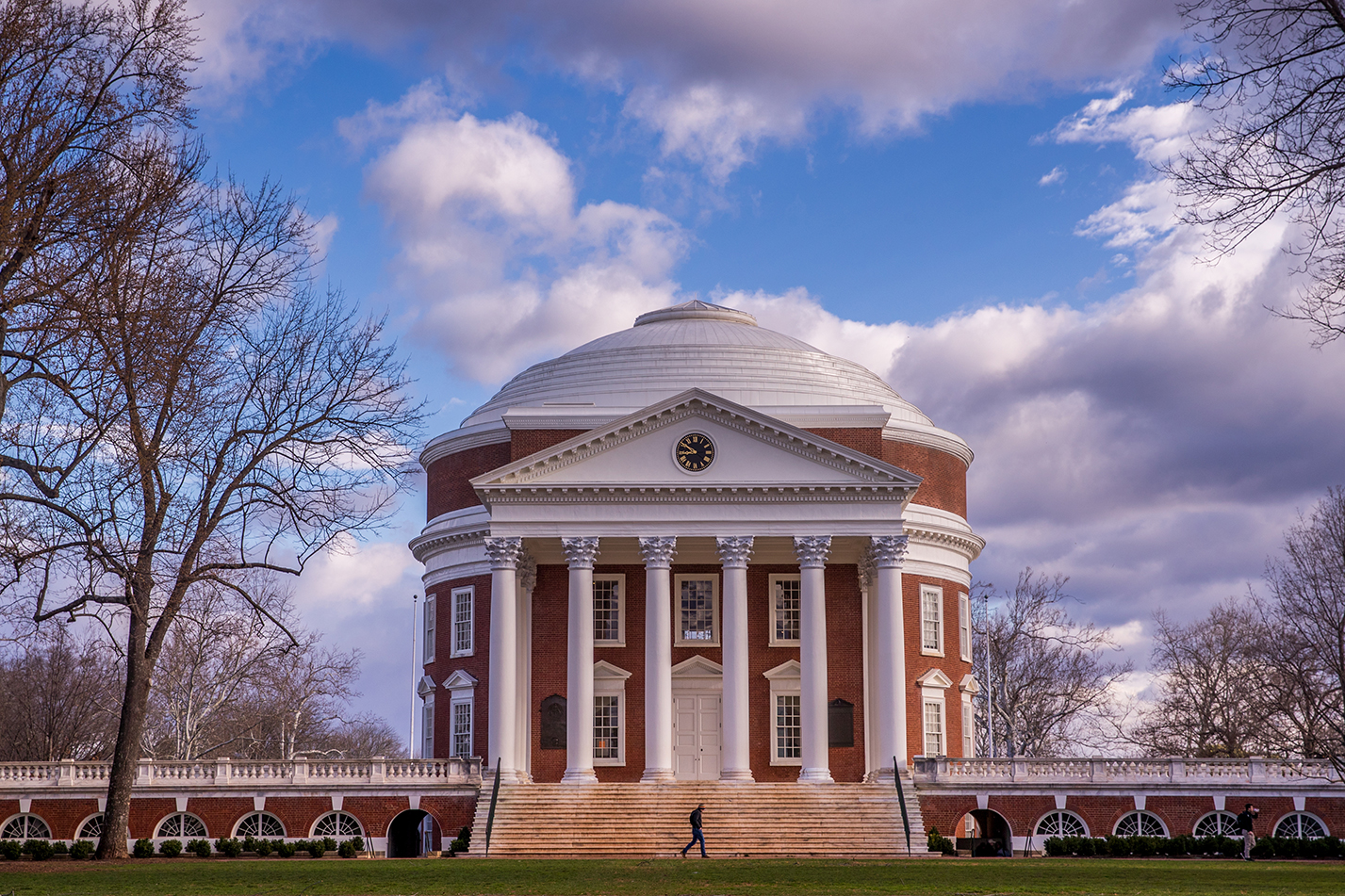
Instructor:
Fields of study can be incredibly territorial: they sometimes consider their specific systems of knowledge and order to be like sovereign realms, resolutely demarcated from other disciplines. Different fields, then, can hold very different views about concepts like “reality,” “beauty,” even “truth.” As students joining a university for the first time, you may feel that the complex arrangement of departments, disciplines, and programs here seems opaque and confusing, especially when the word “interdisciplinary” is in the mix! This class introduces examples of contentious disagreement, reluctant rapprochement, and productive collaboration across disciplines. We examine how different fields have borrowed from and inspired each other in lastingly important ways, and consider how interdisciplinary conversations can enrich (or entrench) disciplinary perspectives (such as, for instance, what we mean by “consciousness,” an especially fascinating topic now being studied in fields as diverse as neuroscience, religious studies, philosophy, literary studies). We also consider how encounters between disciplines have shaped UVA in decisive ways. For instance, ideas of “progress” – which have a long history of shuttling between the sciences and the humanities – played a pivotal role at UVA during the first half of the 20th century, when the now discredited science of eugenics shaped university curricula, programs, and policies for generations, with effects that are still felt today. This class offers a preliminary map of some important encounters between different disciplines on six topics: consciousness, progress, truth, soul, beauty, and reality. The aim is to think critically and historically about disciplinary differences and the value of interdisciplinarity, and also to orient you to programs and departments at UVA study where you can study these topics in depth. We will pay close attention to how seemingly foundational “timeless” concepts, theories, and methods have fascinating lineages that can be traced to diverse disciplines, and why studying these lineages matters.
